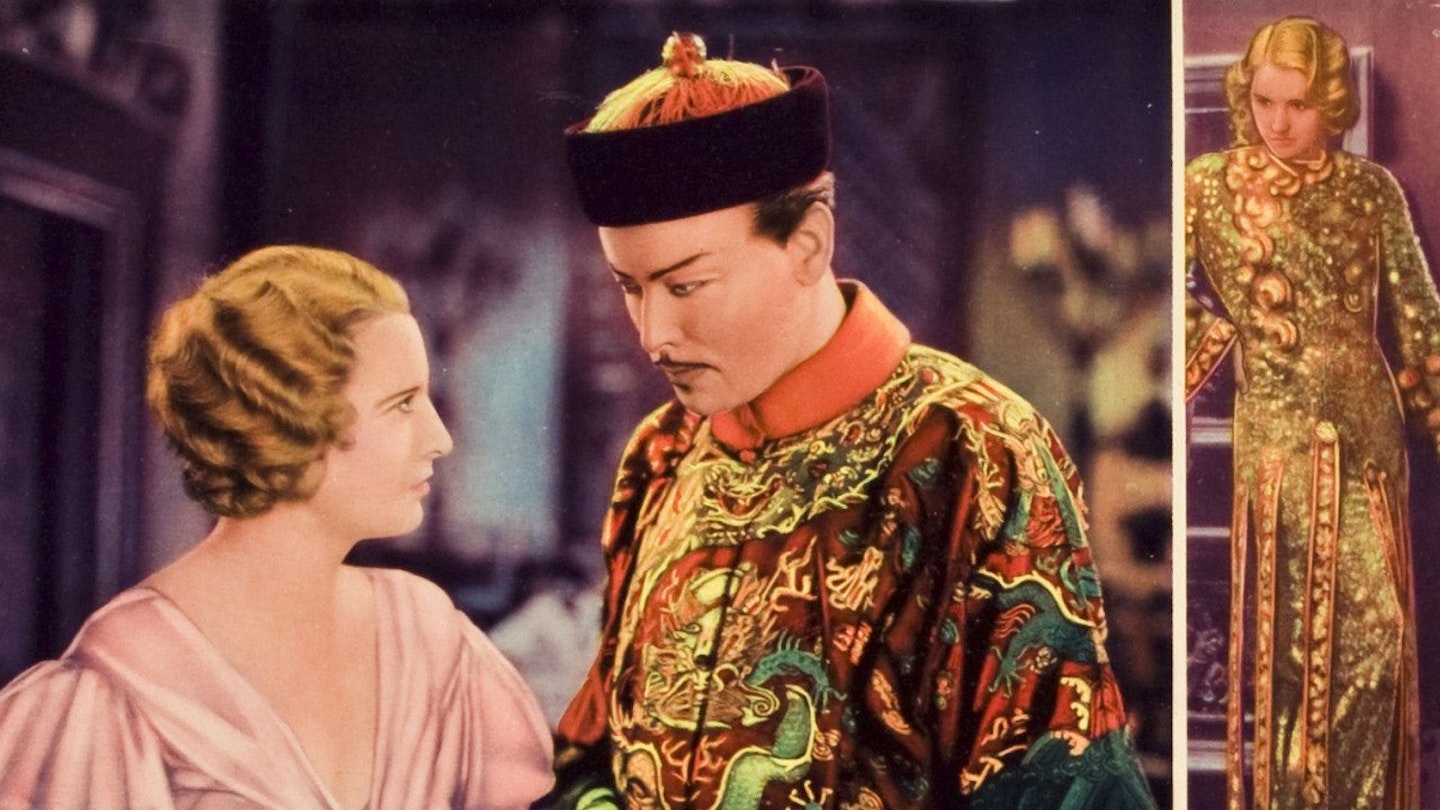Frank Capra helped make Barbara Stanwyck a star in Ladies of Leisure (1930), The Miracle Woman (1931) and Forbidden (1932). Thus, having failed to win an Oscar for the calculatingly patriotic American Madness (1932), he called upon her again for this adaptation of Grace Zaring Stone's bestselling novel.
Flying in the face of opposition from Columbia's notoriously difficult chief, Harry Cohn, Capra achieved a surprising opulence and stylisation in this Von Sternbergian drama that persuaded the mean-spirited mogul to afford him the creative independence that resulted in the string of Capra-corn classics on which his reputation now largely rests.
Scripted by Edward Paramore, rather than Capra's usual collaborator Robert Riskin, the film is somewhat naive and patronising in its characterisation, as Stanwyck's New England prude is seduced by the sensuality of Nils Asther's Oriental in much the same way that Lillian Gish had been by Richard Bathelmess in Broken Blossoms (1919) and Deborah Kerr would be by Yul Brynner in The King and I (1956). Yet, the action contains considerably more eroticism than either D.W. Griffith or Walter Lang's films, with the dream sequence in which Stanwyck imagines herself about to be ravished by Asther among the items that persuaded America's moral guardians that Hollywood could only proceed under the strictures of an inflexible Production Code.
However, it's fascinating to compare this feature's attitudes with those in The Battle of China (1944), one of the seven documentaries that Capra produced for the World War II series, Why We Fight. Presenting China as an ancient civilisation heroically resisting the pitiless Japanese, this makes no mention of warlords whose rejection of Christianity and indifference to the plight of orphans renders them barbarians. Yet, both films shared Capra's emigrant conviction that America needed to be made more aware of the world away from its isolationist shores.
